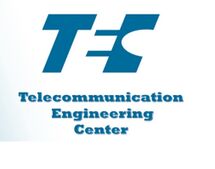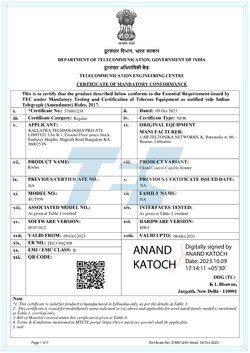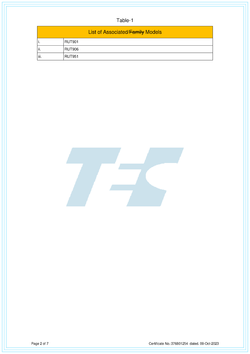RUT951 MTCTE
The Indian Telegraph (Amendment) Rules, 2017, provides that every telecom equipment must undergo mandatory testing and certification prior to sale, import or use in India. This is regulated through a scheme called Mandatory Testing and Certification of Telecom Equipment (MTCTE). MTCTE covers 55 types of telecom products along with associated variants. Testing is carried out to check conformance with essential requirements of the equipment, by labs designated by Telecommunication Engineering Centre (TEC). Certificates are issued by TEC based on the test reports.
The objectives of the MTCTE are:
- No telecom equipment degrades the performance of any existing network to which it is connected
- Safety of end-users
- Protection of users and public by ensuring that radiofrequency emissions from equipment do not exceed prescribed standards
- Compliance of telecom equipment with relevant national and international regulatory standards and requirements.
Description
RUT951 was approved as an associated device and conforms to the Essential Requirement issued by TEC under Mandatory Testing and Certification of Telecom Equipment as notified vide Indian Telegraph (Amendment) Rules, 2017.
| RUT951 Certificate number: | 376801254 |
To download a PDF version of the declaration, click here.
External links
Disclaimer:
Test reports that are referenced in declarations and certificates can be provided upon request. For the request to be approved, the recipient of the test reports should be a certification authority or certified test house. The recipients will be asked to sign a non-disclosure agreement (NDA).


